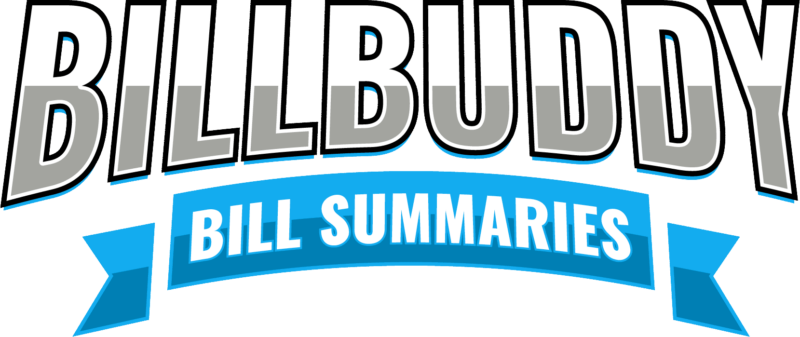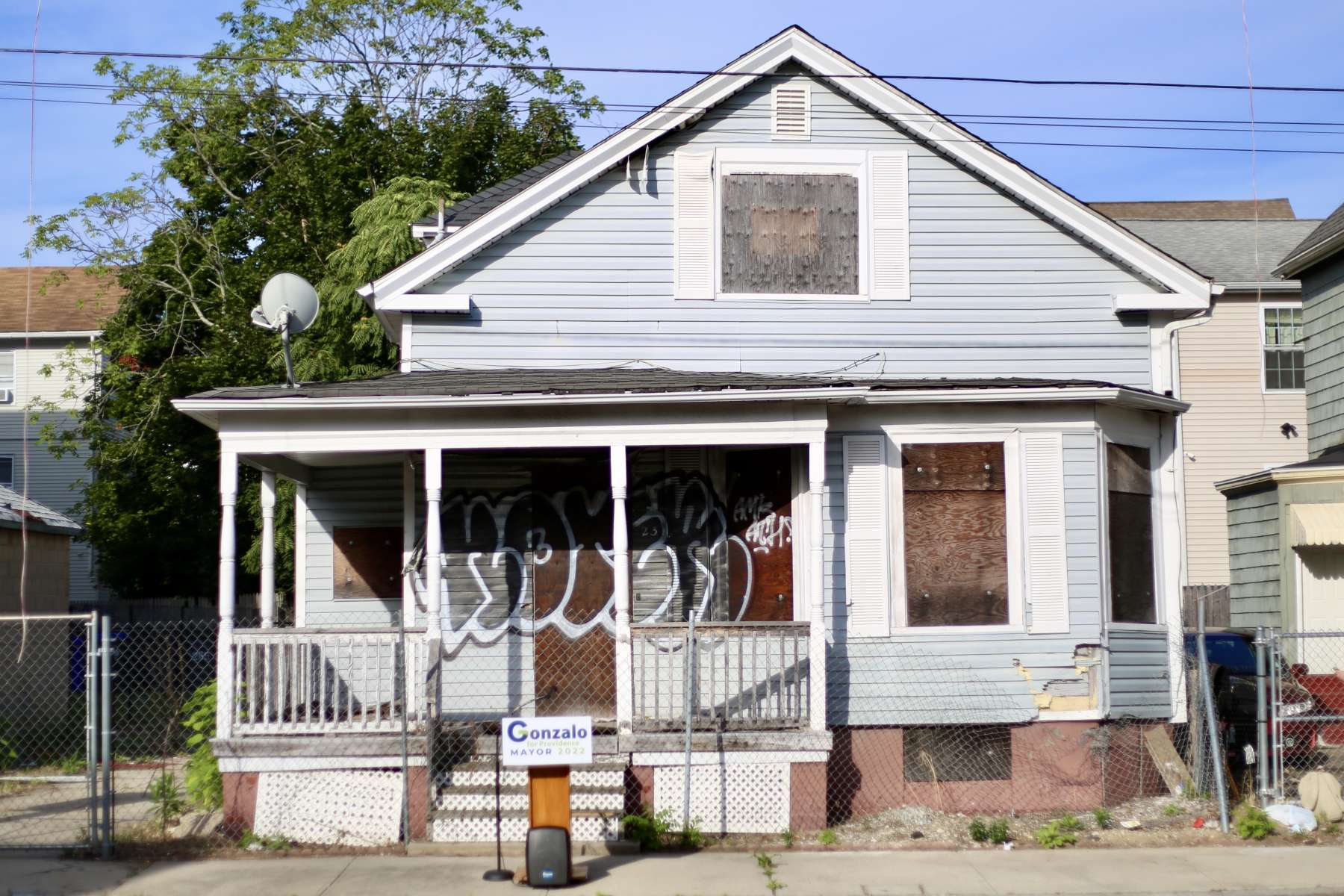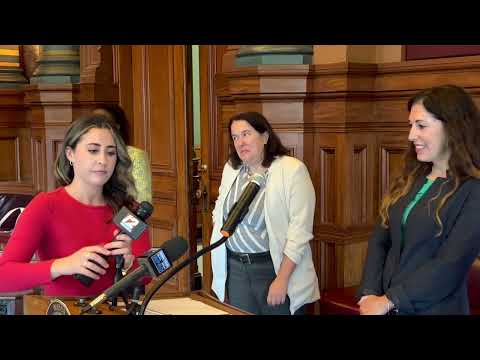Providence Neighborhood Land Bank created to spur development of affordable housing
Providence Mayor Jorge Elorza today announced the creation of the Providence Neighborhood Land Bank, a new program funded by the Providence Housing Trust Fund, that will acquire, hold, and transfer underused vacant land throughout the City with the goal of generating new affordable housing and revitalizing Providence neighborhoods.
October 13, 2022, 3:04 pm
By Steve Ahlquist
Providence Mayor Jorge Elorza today announced the creation of the Providence Neighborhood Land Bank, a new program through the Providence Redevelopment Agency, funded by the Providence Housing Trust Fund, that will acquire, hold, and transfer underused vacant land throughout the City with the goal of generating new affordable housing and revitalizing Providence neighborhoods. The City is setting aside $8.5M of Providence’s American Rescue Plan Act (ARPA) funds for the program and today’s announcement comes with an ask: an open call to help identify potential lots for the Land Bank.
“Bold policies and funding are needed to address the housing crisis in Rhode Island and nationwide,” said Mayor Elorza. “The Providence Neighborhood Land Bank Program is an important step in finding creative solutions to transform neighborhoods and prioritizing land for those who need it most.”
The term “affordable housing” has been bandied about a lot recently, especially when announcing programs for big developments like the Superman Building or the upcoming talks around tax breaks for the Providence Place Mall. Too often the term is used to sell a project that is in truth high end and luxury apartments and homes for the rich. Will the homes built under this program truly be affordable or the average or even low-income Providence resident?
“The short answer is yes, but the longer answer is that we need housing at every income range,” replied Mayor Elorza. “These properties in particular, I think they going to span potentially single-family homes, triple decker homes on neighborhood lots and perhaps bigger developments in larger lots. So they’re going to run the gamut… It also includes very low-income housing.”
“When you say ‘full range” do you mean higher end apartments as well?” asked Uprise RI. “I’m just wondering what the cut-off is.”
“That’s a good question. I think that potentially, but I don’t think so,” said Mayor Elorza. “Not for this kind of program because we’re talking about previously abandoned lots and many vacant lots that are easily developable have already been developed. What this is going to target is those lots that without the Providence Redevelopment Agency coming in… they just wouldn’t be attractive.”
The purpose of the Providence Neighborhood Land Bank is to acquire and hold parcels for affordable housing until they can be activated through requests for proposals to qualified developers. This process of acquisition, holding, and activation will help address persistent vacant lots while reducing barriers to redevelopment, such as site control and pre-development costs, to promote infill affordable housing. Additionally, the Providence Redevelopment Agency will be supporting the Land Bank program by releasing pre-approved, fully permitted small home plans prepared by local architects, at no cost to developers, to be paired with available lots.
“We all know of an abandoned property or vacant lot in our neighborhoods that could be transformed into safe, affordable places to live,” said Providence City Councilmember Rachel Miller (Ward 13), who is expected to become Council President in January. “If residents can help connect the dots in the coming months and alert the Providence Neighborhood Land Bank to these locations, the city, through the Providence Redevelopment Agency, can help turn these properties into desperately needed affordable housing.
Uprise RI noted that for-profit and non-profit developers would be able to take advantage of this program. Would municipal or publicly-owned housing potentially be on the table?
“Not municipally develop but we are talking with the Providence Housing Authority so if there were a circumstance where they are interested in doing additional development we certainly would be willing to work with the PHA,” said Bonnie Nickerson, Executive Director of the Providence Redevelopment Agency.
The Providence Neighborhood Land Bank program has three stages – acquire, hold, and dispose – with policies for each stage of the process. (See here for more information)
Stage 1 – Acquisition: The PRA maintains a live database of vacant, abandoned, and dilapidated property in Providence. Once a property has been properly screened to conform with the acquisition policies, such as zoning, lot size, and suitability of the lot for infill housing, the program will utilize of one of many tools by which it can acquire property. These tools include purchases from the City’s tax reverted list, donations, negotiated purchase, and eminent domain, among others.
Stage 2 – Holding: Once a property has been acquired it enters the “banking” phase of the process. During this holding period, the PRA will take steps to ready the parcel for development, such as:
- Extinguish any liens and clear the title of any defects.
- Acquire and assemble neighboring lots as part of larger developments.
- Obtain exemption from property taxes during the time of Land Bank ownership. Maintain the property, including emergency repairs, landscaping, and security. Conduct environmental and other necessary site inspections.
- Create the terms of development including price and use.
The PRA can hold property indefinitely. However, the intent of the Land Bank program is to quickly turn around lots for redevelopment to spur housing production.
Stage 3 – Disposition: Governed by a set of disposition policies, the PRA will transfer properties in its portfolio for redevelopment when appropriate. Some projects such as a single-family home may be ready for transfer shortly after acquisition. Other projects may take several months or longer. Either way, the Land Bank program provides flexibility in timing, with the PRA responsibly acting as steward while the property is being held for development.
These three basic steps –acquisition, holding, and disposition – will define the cycle of work
for the Providence Neighborhood Land Bank. The program is designed to be flexible enough to include new partners and opportunities as they arise. This program will be an important tool for advancing affordable housing construction and community revitalization.

The Providence Neighborhood Land Bank announcement comes a year after the City released its Anti-Displacement and Comprehensive Housing Strategy: a ten-year blueprint for affordable housing production, housing policy and regulatory actions. Since then, the City has implemented many recommendations from the report, including issuing a $25M bond for affordable housing production, adjusting zoning regulations, and launching several new programs, including eviction defense. With the recent influx of federal ARPA funds, the City is prioritizing affordable housing investments as one key focus area in supporting pandemic recovery citywide.
“American Rescue Plan Act funds are meant to provide relief and assistance to our most impacted community members, and so part of those ARPA funds allocated to the PRA should and will be used to acquire, hold and activate vacant land specifically for the creation of affordable housing,” said Executive Director Nickerson. “We are excited to partner with our talented community development organizations to help boost their capacity. Together, with this program in place driven by community input, we can make significant strides in increasing affordable housing in our City.”
A crucial component of the Providence Neighborhood Land Bank is the opportunity for Providence community members and stakeholders to nominate vacant plots of land for consideration and incorporation into the program. The Providence Redevelopment Agency is asking members of the Providence community to submit suggestions for the Land Bank via email to [email protected]. From there, depending on viability, they will be entered into a live database of vacant, abandoned, and dilapidated property in Providence. Once a property has been properly screened to conform with the acquisition policies, such as zoning, lot size, and suitability of the lot for infill housing, the program will utilize of one of many tools by which it can acquire property.
“I applaud the City’s efforts to make these small, vacant lots available without the red tape that typically burdens these developments,” said Jennifer Hawkins, Executive Director of ONE Neighborhood Builders. “We have shown that small properties throughout the city can be developed for affordable housing and can help revitalize our neighborhoods.”
“As I drive through the City of Providence, being a developer of affordable housing, I find myself pulling over [and] writing down the address of vacant lots – so I’m happy that we now have the tool that will allow us to continue to do this work in Providence,” said Sharon Morris, Executive Director of the Omni Development Corporation.








